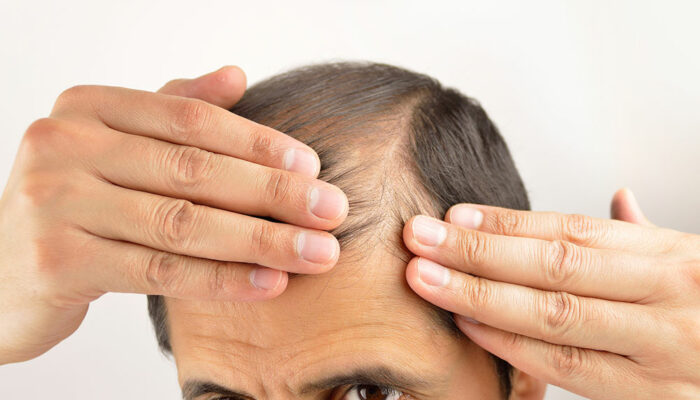
Early warning signs of different types of ataxia
Ataxia is a word used to describe the lack of coordination in the legs, hands, fingers, legs, body, speech, eye movements, and arms. Methods to manage the condition may include using adaptive devices to remain as independent as possible. Ataxia can occur in individuals of all ages, and the symptoms may differ based on the type an individual suffers from. So, here are the early warning signs associated with various types of conditions. Friedreich’s ataxia Friedreich’s ataxia is the most common type of hereditary ataxia that can be triggered by one’s inherited genes. While the symptoms may affect people at any age, it usually develops before age 25. If an individual has problems with balance and coordination or falls frequently, they might suffer from Friedreich’s ataxia. Other warning signs to look for include increasingly slurred, slow or unclear speech, difficulty swallowing, and increasing weakness in the legs. Ataxia-telangiectasia An individual affected by Ataxia-telangiectasia (AT) may notice symptoms during their early childhood. Some warning signs to watch out for include trouble walking, speech, and swallowing. One may also develop small spider-like clusters of red blood vessels in the corner of their eyes and their cheeks. The person may also notice slowed eye movements and may need to turn their head often to compensate for the phenomenon.
Read More 















